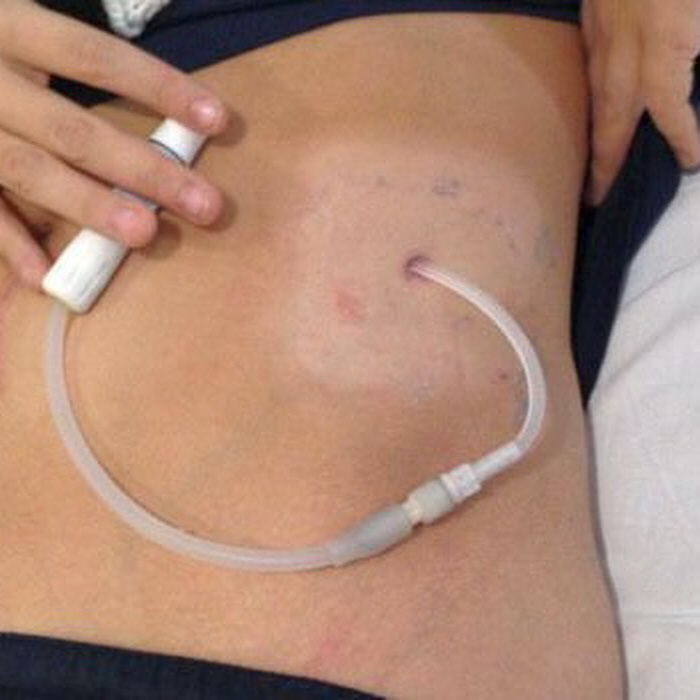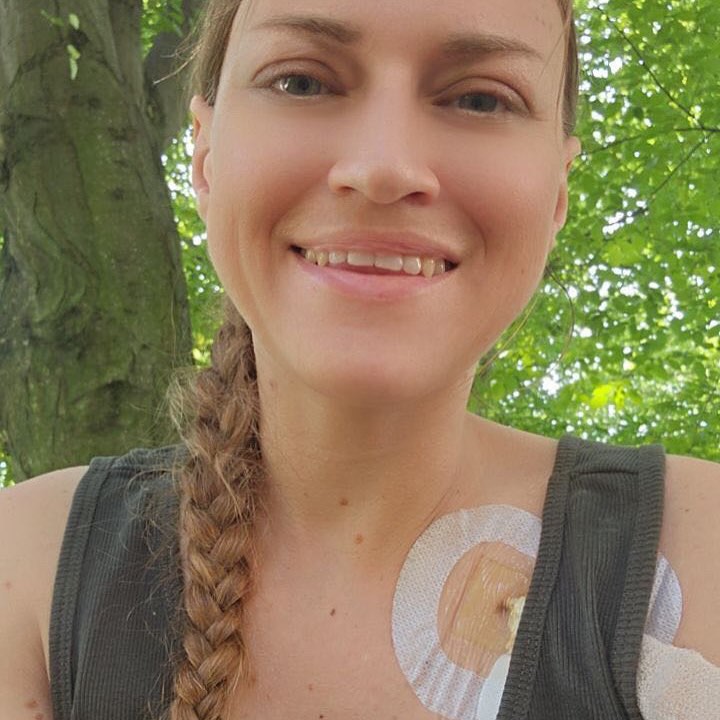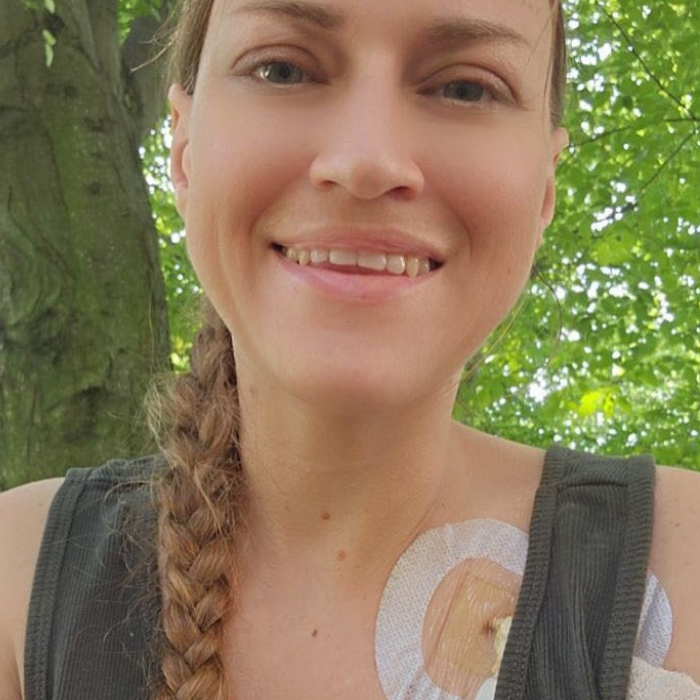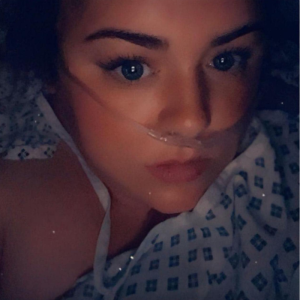My name is Daniela. I’m 35 years old — turning 36 next month. It all began when I was 34, in March 2023, when my life changed forever.
I wasn’t aware of anything wrong. No warning signs, just the usual tiredness and loss of appetite that I blamed on work stress. Then, one night, everything shifted. I woke up feeling really unwell — an awful, sinking feeling I couldn’t shake. I called an ambulance. My blood pressure was 220. They rushed me to hospital, and after days of tests, the news hit me like a storm: kidney failure.
They did a biopsy but couldn’t say why. It was strange — just days before I was “fine,” or so I thought.
When they told me I’d need a transplant, I couldn’t believe it. It was shock. I didn’t understand dialysis, the treatments, or what life would look like. I was alone in hospital, no family nearby, faced with decisions I wasn’t ready to make. I was scared. The medications overwhelmed me, and I was so unwell they had to give me a blood transfusion. Three weeks in hospital, and they struggled for weeks to bring down my blood pressure.
Through it all, I barely had time to process what was happening. The stress of trying to decide my treatment while feeling so ill was almost unbearable.
Now, my current eGFR is 4. When I was first diagnosed it was 7. I’m at the end stage — the same as when I started this journey.
My life has been completely transformed. The dreams and goals I had before are on hold — maybe forever, maybe just for now. I had to stop working. I’m trying to find part-time work but it’s hard.
My relationships changed too. Friends didn’t know how to handle this new reality, and neither did I.
Living with a catheter in my stomach is a constant, physical reminder of the battle I face every day. It affects how I see myself as a woman — my confidence shaken, my body no longer “my own.” The thought of having a family one day feels distant and uncertain. I’m still trying to accept these changes, to rebuild that confidence, but it’s a daily struggle. This affects my private life, my chances of finding love, as a single woman.
Mentally, it’s been the hardest challenge. I’m on my own here, and some days I struggle to motivate myself. Bad days come, and I miss my family terribly — their support would mean everything. Financially, things are tough. I’ve been declined help with housing and other benefits, so that battle stacks on top of my illness.
I started therapy because I could see how much my mood was suffering, and how hard it was to accept this new life.
I’m on the transplant waiting list — been there since last year. I haven’t had one yet.
I was on haemodialysis starting May 2023, but it was brutal — high blood pressure, sickness, vomiting, migraines, struggling to breathe. I had a bad catheter infection, ending up back in hospital for two months before I could start peritoneal dialysis in July 2023.
PD is kinder, more manageable. I like having some control — managing my treatments, keeping my space clean to prevent infections. But doing dialysis four times a day means I can’t go far or for long. Travel is a big challenge. Sometimes after dialysis, I feel tired and weak; sometimes I feel sick and it hits suddenly — on the bus, at the hospital, even out shopping. It’s a constant uncertainty that makes me hesitate before going out.
My mum was my biggest support — and still is in spirit, though she’s not here with me now.
The hardest part? Adapting to this new life, not knowing what lies ahead. At first, I didn’t want to talk about my condition, didn’t want anyone to know. But now I’m sharing my story, hoping it will help others understand how important kidney health is — so many people don’t even know much about kidneys.
Acceptance is a journey. Nearly two years in, I’m still not fully there. The thought of transplant scares me, the unknown future looms large. This is a life-changing path that I’m walking, step by step.
What keeps me going? Drawing. It helps me relax and express what words can’t. Dancing, too — it keeps me active and even helps with my catheter placement. Dancing classes are the only place I get to socialise; they bring me joy and make me forget, if only for a little while, that I’m different.
If I could tell someone newly diagnosed with CKD anything, it would be this: Do your research. Learn about your kidneys and dialysis. Even when it feels like your life is ending, every day you will learn that you can get through this — our paths are just different.
Find a hobby you love, something that makes you happy.
And most importantly, talk about it. Find someone who will listen and understand.
Stay strong.
— Daniela (@its._amystery)





